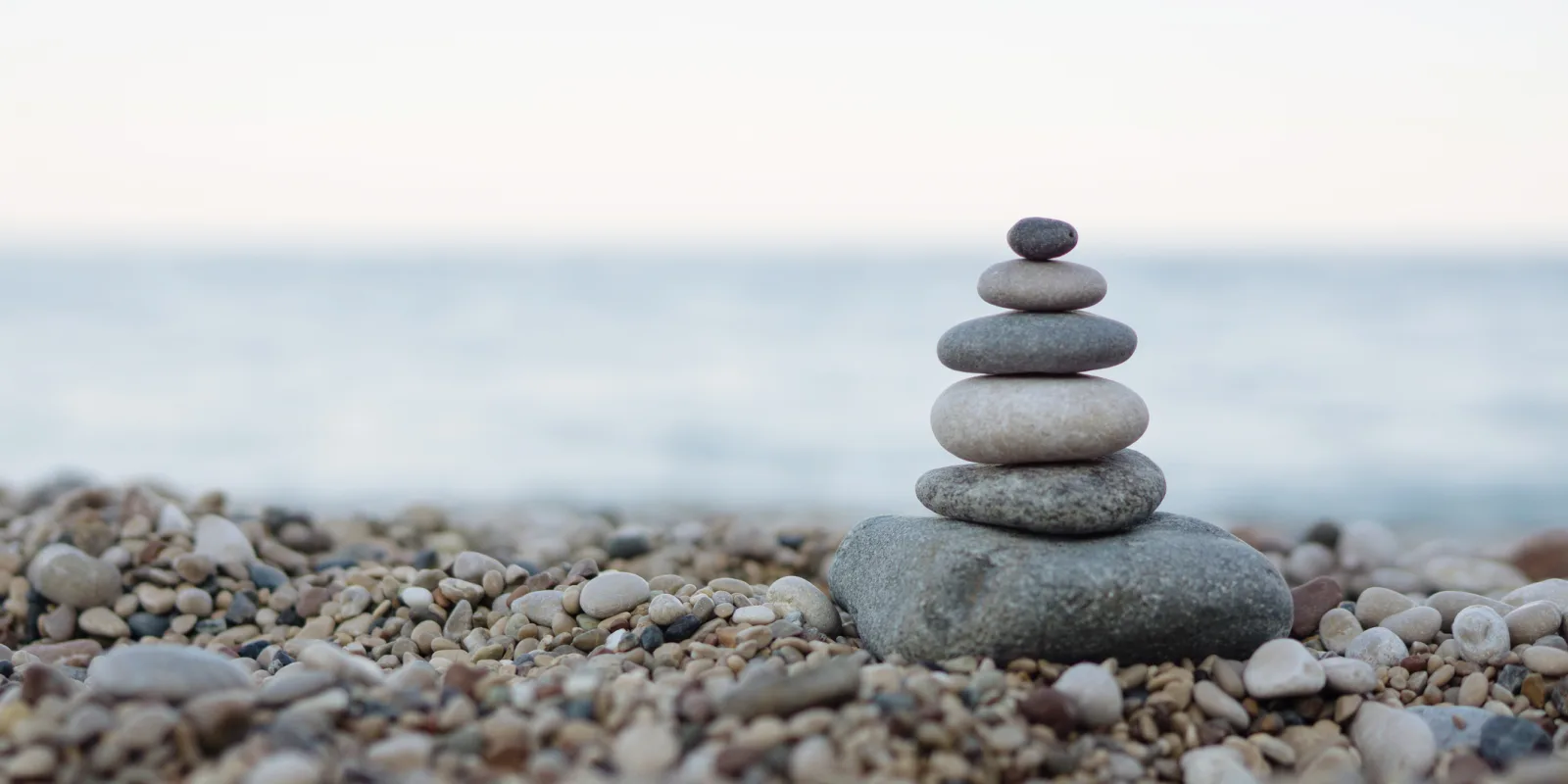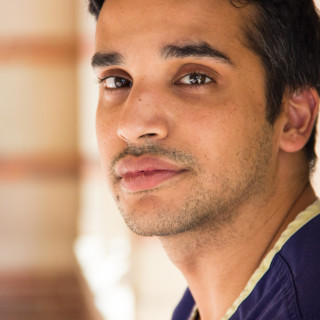
When I was an intern, I often resigned myself to the "resident life," a stereotype I created in an attempt to justify the dull repeating pattern of waking up, going to work, handing over patients and paperwork, coming home, watching TV, and sleeping. In retrospect, I really wish I had made more of my time, and it ultimately took a great group of co-residents and friends to break out of the cycle.
Now, I challenge you to take advantage of your bandwidth when you get home from the hospital. A balanced mind helps you keep on with this marathon we call life. Multiple initiatives by esteemed colleagues are encouraging individuals and hospitals alike to put wellness at the forefront, but we need to explore how exactly we can achieve wellness.
I offer the following acronym—VERITAS—to help you organize your ambitions outside of your clinical duties as a hard-working physician.
Volunteer. Spending your time doing something that does not significantly benefit you is very difficult when managing a hectic schedule. From local events and fundraisers to global health outreach and volunteer medical trips, you will find that volunteering makes you feel like you have more time to spare.
A good example of featured work is available at: @abaphysicians.
Exercise. Along with a healthy diet, a regular routine will keep your heart healthy and your mind fresh. There's plenty of research about the effect of exercise on mental and physical health; low levels of physical activity are associated with poor mental health in first-year residents.
Check out the #PracticeWhatYouPreach movement that aims to emphasize healthy lifestyle habits to doctors on the front lines.
Read. This is definitely one of the hardest things to do in our profession, especially after a day wherein the majority of our time is spent behind screens, breezing through medical information. Highly successful people consistently advocate daily reading, and creative writing has been used in humanistic aspects of post-graduate training curricula.
Innovate. Within or outside your specialty, find ways to make the way you and your colleagues work more efficient, fun, and associated with better outcomes. Wearable gadgets to improve patient involvement in healthcare and artificial intelligence to help us predict outcomes are just some of the tech trends that are making their way into hospitals. In anesthesia, there is a huge movement to streamline innovation to improve patient transitions before, during, and after surgery.
Travel. Many of us go straight through medical school and residency, and the stringent schedules associated with this seven- to 11-year period make it very difficult to travel frequently for leisure. Not taking the time to travel is one of my biggest regrets, and I wish I had done it more in my 20s. The colors are more vibrant, the cultures are fuller, the sense of freedom is stronger when we are across the ocean. As an attending, I have committed to traveling with my loved ones.
Arts. We all find some relief in good music and nostalgia in both the natural beauty (as well as man-made wonders) around us. Research has demonstrated that music provides a total brain workout; it also optimizes blood pressure, sleep quality, mental alertness, and memory. Even drawing and photography can alleviate depression and anxiety by allowing you to reflect on your experiences both in and out of medicine.
Sleep. At the end of the day, your brain needs to rest and consolidate all of your daily experiences. Sleep deprivation has real effects on trainee performance by affecting memory consolidation in our knowledge-heavy specialties and slowing reaction time during procedures, which can affect patient outcomes. Many people jump to medication therapy without first paying attention to modifiable lifestyle factors. For example, smartphones and tablet devices have indicated that excessive blue light can affect your melatonin levels and sleep quality.
Aalap Shah, MD is a paid blog writer at Xenon Health; CEO of PRPmobile, LLC; and an independent quality improvement consultant for healthcare organizations in Southern California.







